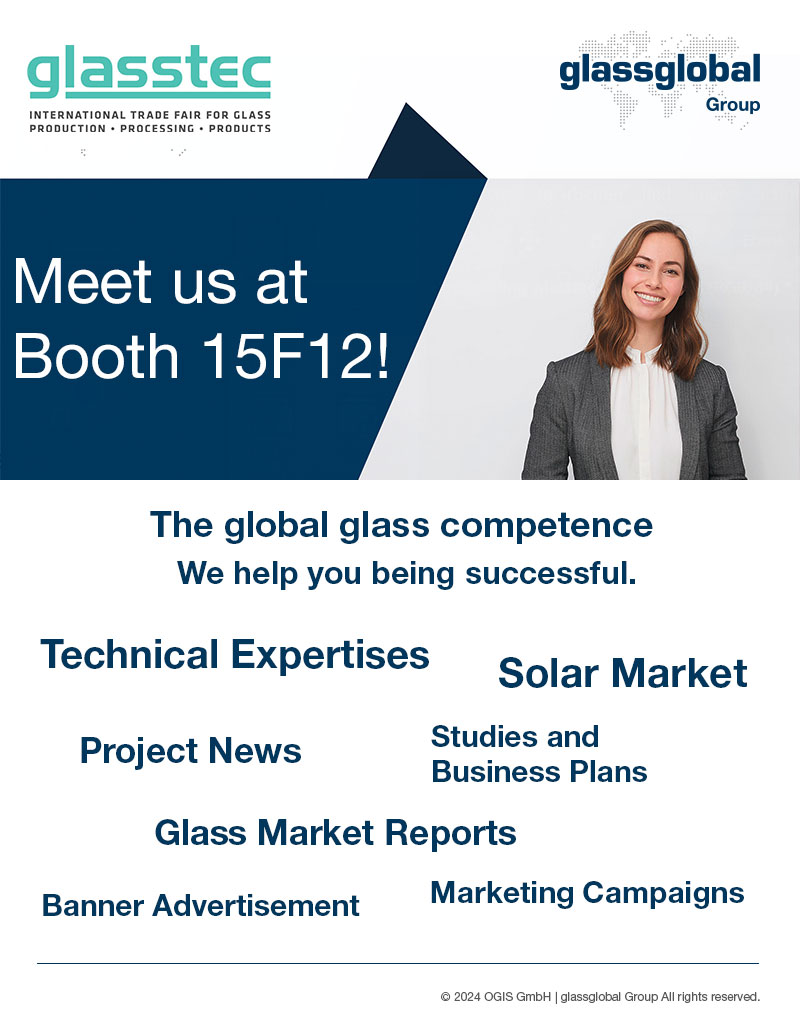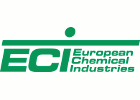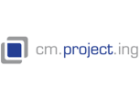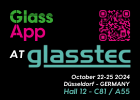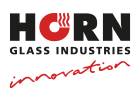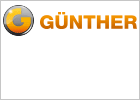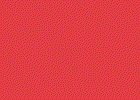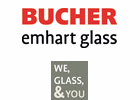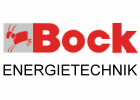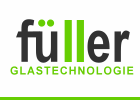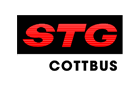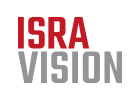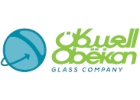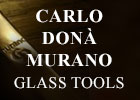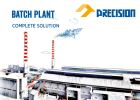Contact Info
| Address | PerkinElmer European Headquarters Ferdinand Porsche Ring 17 63110 Rodgau |
| Country | Germany |
| Phone | 0049 800 181 003 |
| Get in contact with PerkinElmer | |
| Internet | www.perkinelmer.com |
| Employees | 14000 |
| Turnover | $3.8 billion USD |
| Year founded | 1937 |
Contact Persons
| Contact 1. | Lucy Jenner Segment Marketing Manager, Industrial |
|
| Contact 2. | Sales Phone: 0049 611 492 0 Fax: 0049 611 492 170 |
|
| Contact 3. | Gerline Wita Market Leader Materials Characterization |
Products or Machinery
Spectrophotometers, Software, Accessories and Laboratory Support:
LAMBDA SPECTROPHOTOMETERS
Our LAMBDA 1050+ and 850+ UV/Vis/NIR spectrophotometers are two of our highest performance systems designed for analysis of coatings, high performance glass, and components in both research and manufacturing. The instruments meet industry standards for ultra-high performance, flexibility, and convenience.
INTEGRATING SPHERES
We offer three different sphere types: 60 mm, 100 mm, and 150 mm spheres. The most commonly used 150 mm sphere supports port fraction of recommended calculations such as International Commission on Illumination (CIE) and standard methods like EN410, ISO9050, JIS316 and more. The other sphere types are typically used for legacy accessories and special applications.
UNIVERSAL REFLECTANCE ANALYZER (URA)
For front-surface analysis, our URA is a must-have for labs measuring small, difficult samples - this tool uses an adjustable beam spot size. Samples lie flat on the measuring plate, and internal optics directs a beam to a measurement port. To maintain ideal path lengths and angles of incidence between background and sample measurement, our URA has its own kinematic detector module and pathlength compensator. The multiangle, highsensitivity URA automatically changes the incidence angle without having to adjust the sample or optics.
TOTAL AUTOMATED MEASUREMENT SYSTEM (TAMS)
The most flexible platform of its kind, the TAMS unit allows you to choose the right detector for angular-dependent measurements of optical properties of thin and thick samples, using a concentric rotation stage for sample and detector. Most glass analysis labs use the indium gallium arsenide (InGaAs) sphere detector within the TAMS, as it offers flexibility of measurement type and sample size and can handle most applications. Direct detectors are also available to use for specific applications. Both are sensitive, but the sphere is least prone to misalignment and other systematic errors, and it offers the highest accuracy for transmittance and reflectance.
AUTOMATED REFLECTANCE TRANSMITTANCE ANALYZER (ARTA)
Looking for the highest-level accuracy and sensitivity for your glass analysis samples? Look no further. The ARTA uses our TAMS technology and enhances it to reach the level of precision you need. The ARTA includes a 60 mm integrating sphere detector, a built-in polarized driver capable of measuring BRDF/BTDF with a variable slit and sample holder, and a GlanTompson polarizer. The ARTA provides more energy due to its fixed polarizer assembly and high signal-to-noise ratio. Mostly used in niche applications, the ARTA provides more options for scattering measurement and allows for smaller beam use.
LARGE SAMPLE REFLECTANCE/TRANSMITTANCE (LSRT)
Analyzing larger samples? Our LSRT accessory accurately tests large samples such as car windows, windscreens, and toughened glass panes. Its advanced capabilities enable you to analyze any type of laminated and bended glass. Measurements are taken with a 60 mm sphere detector, and our user-friendly software allows you to seamlessly switch between transmission and reflection modes as needed.
UPWARD-LOOKING (UL 150)
If you’re tasked with analyzing horizontal samples, our upward-looking (UL) 150 accessory is perfect for measuring scattering light and haze in airplane glass and glazing according to EN410, ISO9050, ASTM E903, or ASTM1003-95. Our UL 150 accessory was crafted with an open port design – samples don’t have to be clamped, as gravity holds them in place on top of the sphere. This innovative design requires measurements to be done in a dark room. You may also use a cover for added protection.
UPWARD-LOOKING (UK 270)
Together with our LAMBDA 1050+ system, the upward-looking (UL) 270 mm integrating sphere is a unique accessory that provides superior accuracy and results. It’s perfect for measuring diffused transmittance in materials such as glazing, frits, pyramid, and textured glass. The National Fenestration Rating Council (NRFC) 300-2017 testing method requires a sphere larger than 250 mm to accommodate the ideal ratio of less than 0.04 mm between the aperture area and sphere area. Our exclusive UL 270 meets and exceeds those requirements.
FOURIER TRANSFORM INFRARED (FT-IR) TECHNOLOGY
When analyzing the surface of glass, you’re often testing its emissivity, or effectiveness in emitting energy as thermal radiation. This is a key property in determining the glass’ energy-saving ability according to EN673. Our Spectrum 3 FTIR system, coupled with our IR reflectance accessories, provides an easy, novel technique for emissivity testing. How’s that for saving energy?
LASER ABLATION INDUCTIVELY COUPLED PLASMA MASS SPECTROMETRY (LA-ICP-MS)
In glass, if the elemental distribution of silicate or silicon is incorrect, problems in manufacturing will most likely occur. That’s why it’s so important to identify and understand its raw materials. Our NexION LA-ICP-MS system performs fast and accurate elemental analysis of glass samples. It enables you to collect and compare information for research and development, forensic applications, and more.
Company Background / History
Imagine a world where you could detect health issues sooner to treat them more effectively. Where food and water are always safe, even in remote corners of the earth. And where scientific and medical research are enhanced to solve the greatest challenges of our times. At PerkinElmer, we imagine this world every day. Then, we innovate and collaborate to make it happen everywhere.
With about 14,000 employees worldwide, we pioneer scientific technologies for better detection, imaging, and informatics to help our customers make a profound impact on the world. We provide support with advanced services to ensure optimal operations.
In many industries, in more countries, we are committed to providing innovative solutions and forging progressive partnerships for a safer, healthier world. And it's all for the better - as you might imagine.
